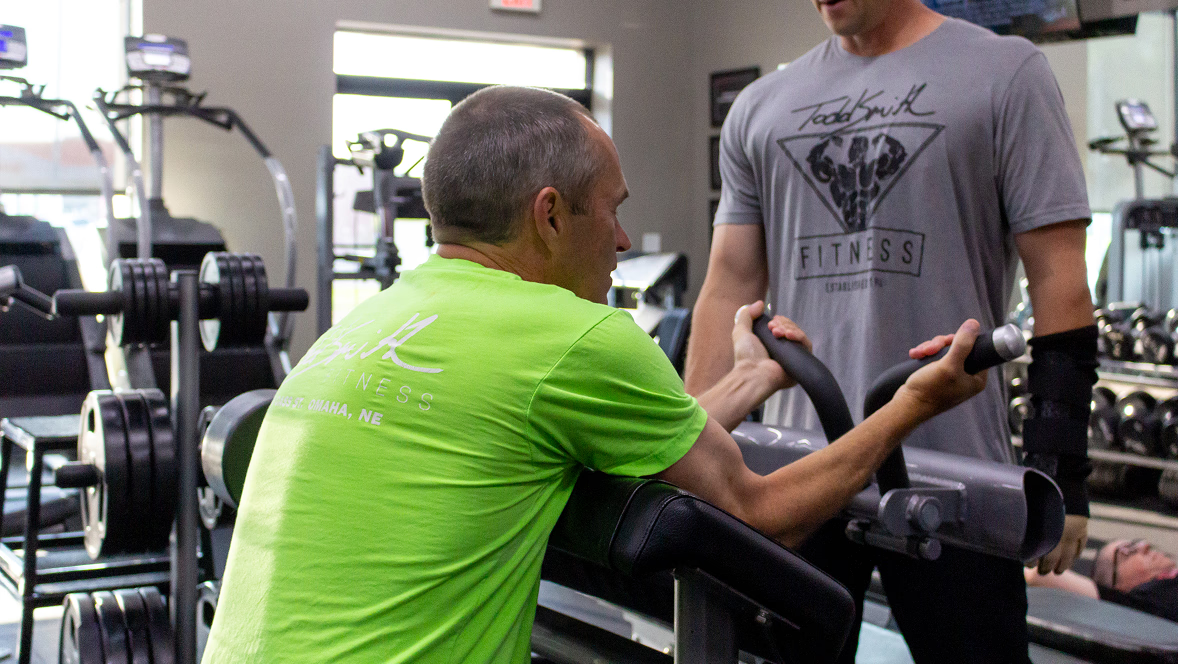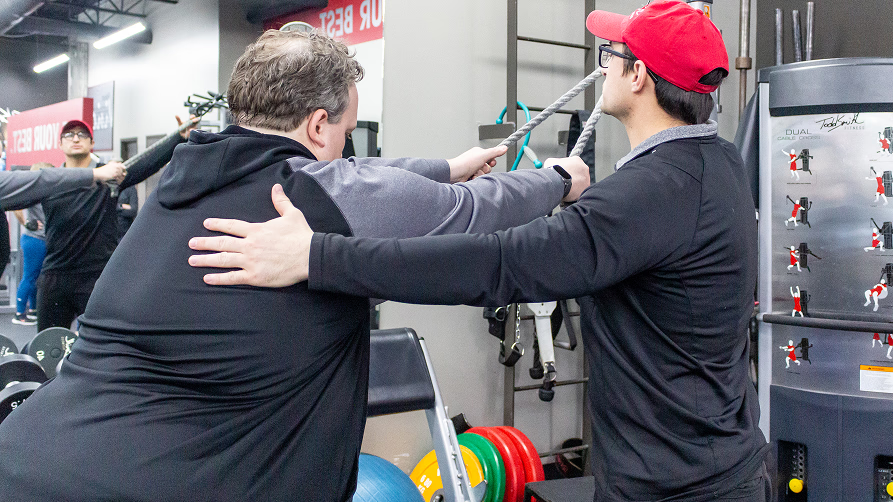Metabolism typically will slow down in an aging person if you are losing muscle mass. Muscle mass burns 3 times the calories of fat mass. Hormones decline in most people because we punish our bodies with elevated blood sugars caused by poor dietary choices, lack of sleep, and stress. Elevated blood sugars on a regular basis is why 88% of the US (according to Doctor Ben Bicman) are insulin resistant (being type two diabetic) or heading in that direction.
HOW CAN WE FIX IT?
We can fix it by eating a diet containing naturally accruing carbs such as: rice, potatoes (any kind), quinoa, oatmeal, vegetables and some fruit (berries being the best, but a LITTLE of anything isn't too harmful). I typically recommend that someone's carbohydrates match their energy output. If you are working out with weight training and taking the kids to the pumpkin patch, it may warrant more carbohydrates. If you are staying home all Sunday and catching up on Netflix, it may warrant very little carbohydrates. Too many fast digesting carbohydrates will spike blood sugar and insulin in excess, eventually leading to insulin resistance (insulin brings carbohydrates into muscle cells and other organs to be used for function). Too many carbohydrates and no activity could lead to fat gain and elevated blood sugars. When we look at “norms'' of blood work, most doctors would think it is perfectly acceptable for A1C and fasting blood sugar to rise over time. If your fasting blood sugar is rising year after year, you are on your way to being insulin resistant. If you are insulin resistant, the excess sugar in the bloodstream will affect cholesterol, raise LDL, and hurt your hormone panel. We need hormones for muscle mass and equaling a better metabolism. Eating a good amount of dietary fat, fish oils, omega 3s, avocados and olive oils is the way to go. Dietary fats have cholesterol, which is the precursor to hormones like testosterone and estrogen and both are essential for maintaining muscle mass. Sleeping 7-9 hours, keeping stress to a minimum, meditation and exercise can also help.
WHAT DO WE NEED TO DO?
Weight training burns more glycogen (glucose stored in skeletal muscle, liver and the brain.) Glycogen is replenished first when it is depleted from activity and our body does it naturally, even if not directly consuming carbohydrates. Our muscles act like a pump for glucose. If you do not exercise and are sedentary it can be easy to over do it on carbohydrates.
On days I do not want to go to the gym, I track my steps. Step tracking is a N.E.A.T. (Non-exercise activity thermogenesis) tool. NEAT is the amount of calories you burn in day to day activity. I would have never thought I got 12,000 steps at work on average, but I do, and that burns 4000 calories off my weight. NEAT actually accounts for the blunt of a person's calories burned for the day. So if you do not have time to workout, you can still track your steps and have a busy productive day, improving your metabolism and health.
Cardio can also be helpful for managing blood sugar short term. The down side of cardio is you are burning blood sugar, which will affect your energy levels that day. Also, your body adapts to it rather quickly in reference to calories burned from session one to, say, session 20 in a month.
I’m not a doctor, I'm just sharing with you what I’ve used to help thousands of clients with. We get a lot of people coming to us after getting some bad blood work back. Not always, but most of the time the things listed above will help.








